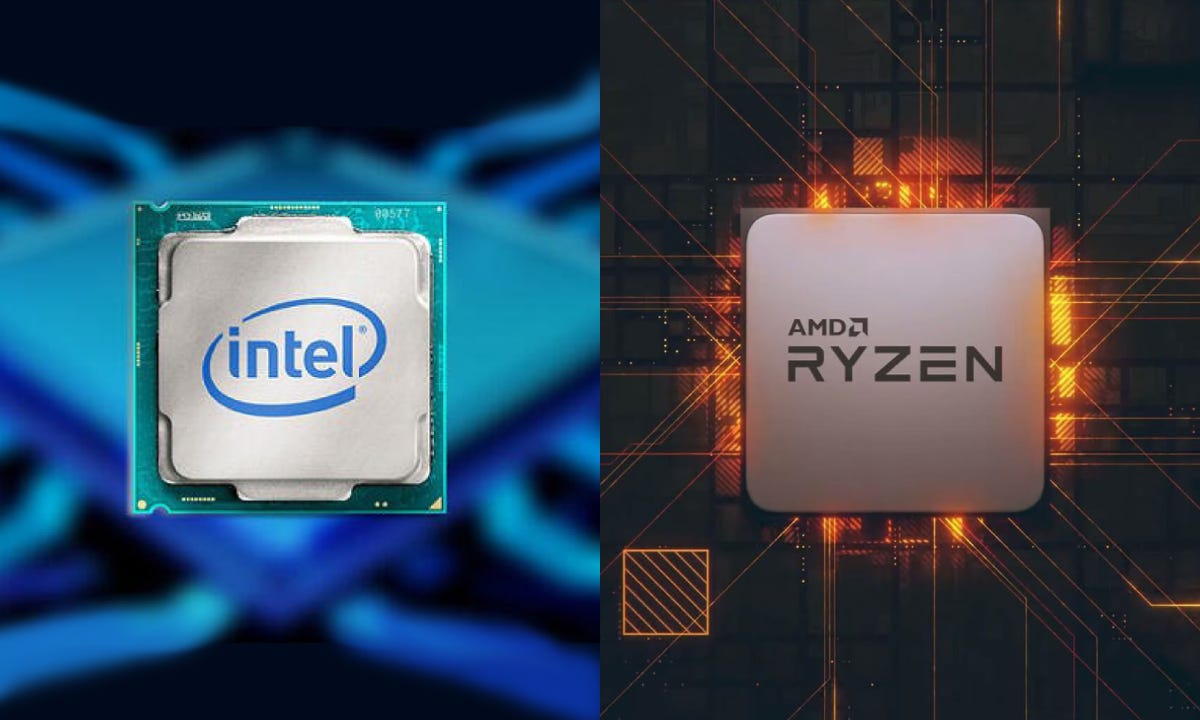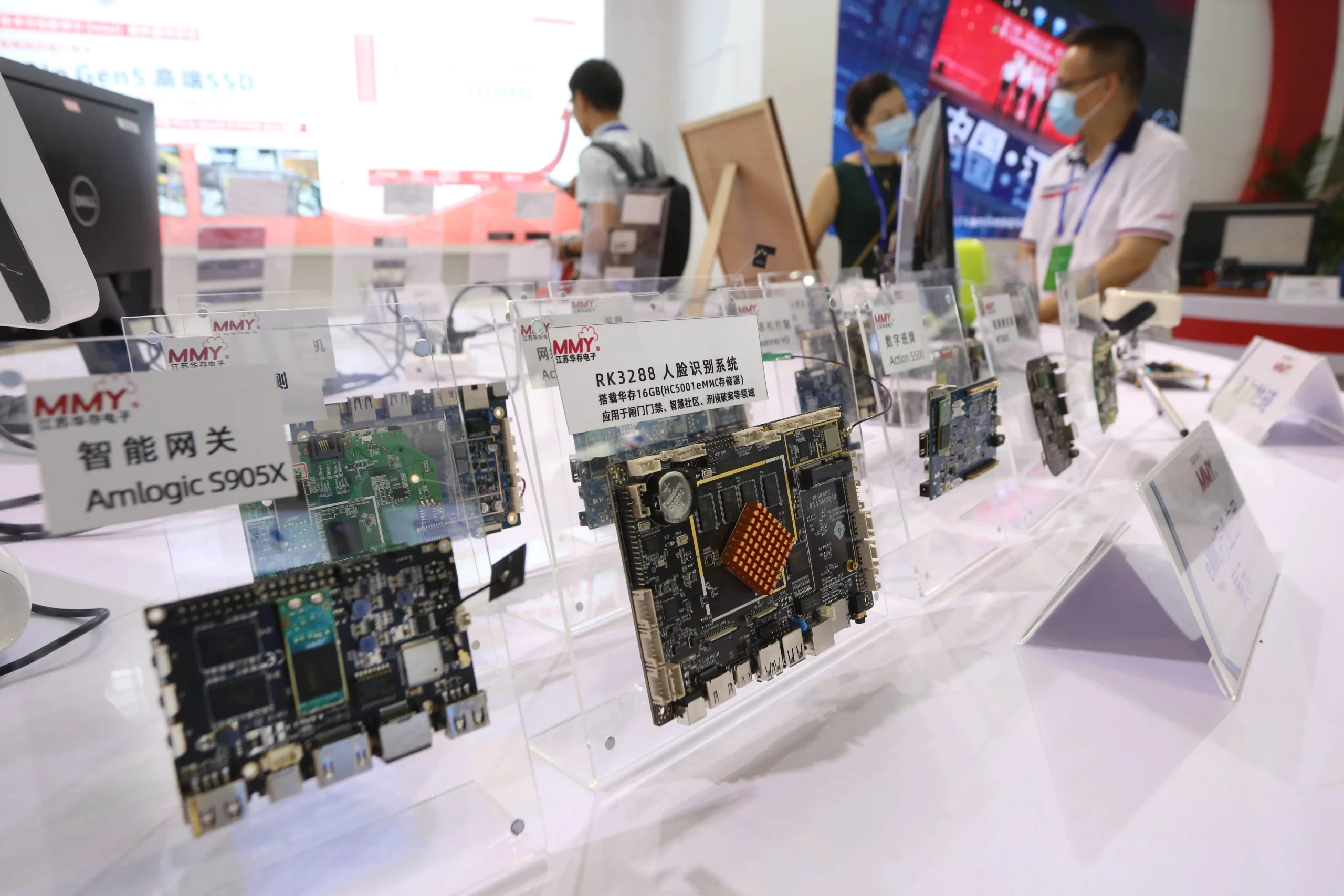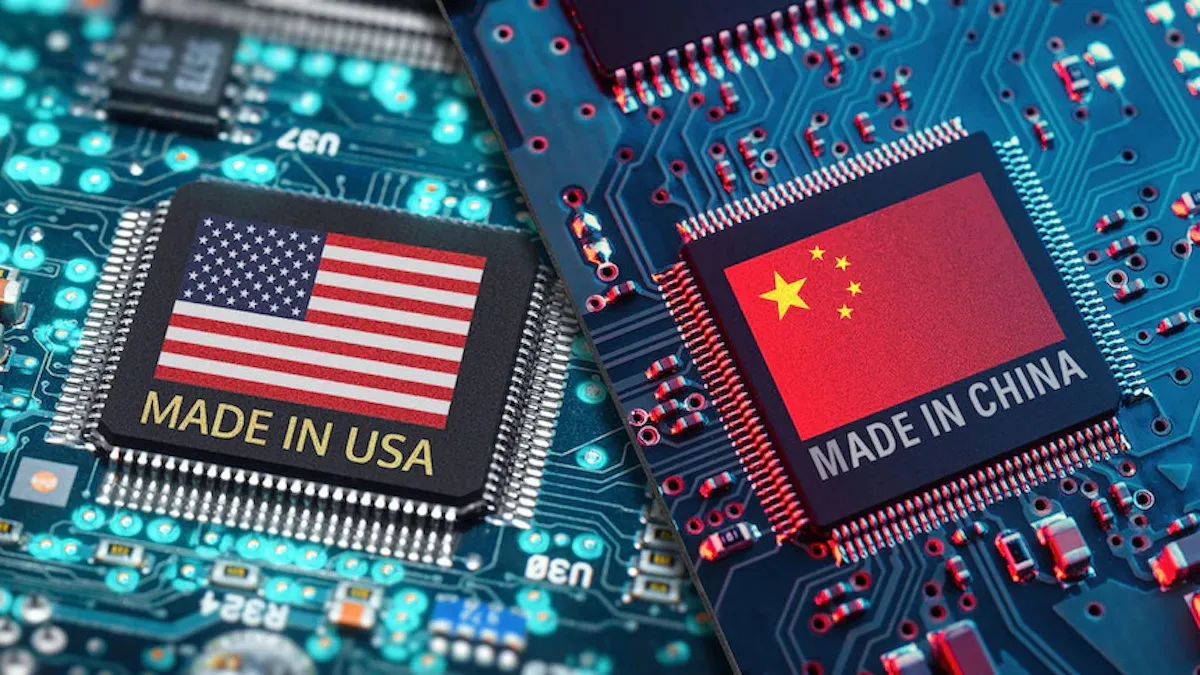China has rolled out guidelines aimed at curbing the use of processors from U.S.-based companies such as Intel and AMD, alongside a move to exclude Microsoft Windows and other foreign database products in favor of domestic alternatives.
Under these directives, all government agencies above the township level are required to equip their computers and servers with hardware deemed “safe and reliable.”

The potential financial ramifications of these guidelines are significant for both chip manufacturers. According to The Financial Times, a substantial portion of Intel’s $53 billion in sales, amounting to 27%, is derived from China, while AMD saw 15% of its $23 billion revenue coming from the same region.
This move is widely perceived as a response to the U.S. ban on Chinese chip manufacturers collaborating with American companies, as well as the prohibition on Nvidia’s sales of AI-related chips to China.

While the United States, Japan, and the Netherlands currently host major players in chip design, Chinese companies such as Huawei, Xiaomi, and Oppo are actively developing their own solutions.







Leave a Reply